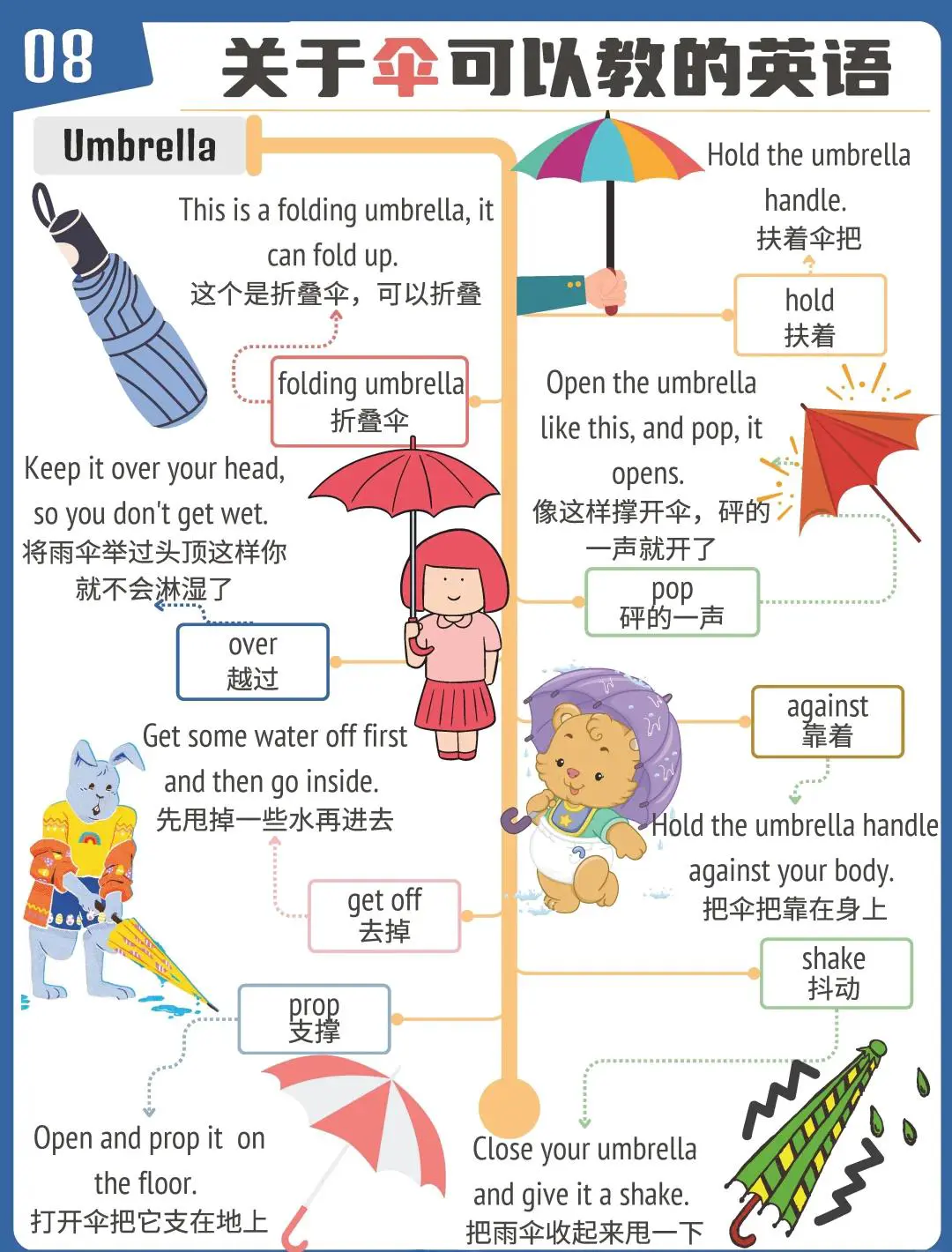


Swing trading is a popular strategy that allows traders to capitalize on short- to medium-term price movements. Whether you’re a beginner or an experienced trader, understanding where to find swing trading tips is essential for maximizing your success. This article will walk you through the most effective ways to find valuable tips, strategies, and resources that can help you hone your swing trading skills.
What is Swing Trading?
Swing trading involves buying and holding an asset for a short period, typically ranging from a few days to several weeks, to capitalize on price swings. Unlike day trading, which focuses on minute-to-minute price movements, swing trading aims to catch medium-term trends. The goal is to buy low and sell high (or short-sell high and buy back low) within a defined price swing.
Benefits of Swing Trading
- Less time commitment: Compared to day trading, swing trading requires less screen time, as positions are held for longer periods.
- Potential for high returns: With the right strategy, swing traders can capture substantial moves in the market.
- Flexibility: Swing trading works in a variety of markets, including stocks, forex, and cryptocurrency.
Where to Find Reliable Swing Trading Tips
Finding high-quality swing trading tips is crucial for crafting a profitable strategy. Below are some of the best sources for finding actionable tips.
1. Books and Educational Resources
Books are a timeless source of in-depth information about swing trading. Many seasoned traders and market experts publish comprehensive guides to swing trading that are full of strategies and tips for success.
Recommended Books for Swing Trading:
- “Swing Trading for Dummies” by Omar Bassal – This beginner-friendly guide explains the basics of swing trading and offers practical tips for setting up a successful trading plan.
- “The Art of Swing Trading” by J. Scott – This book provides more advanced strategies and discusses psychological aspects of trading, which can be essential for any trader.
- “How to Make Money in Stocks” by William J. O’Neil – A classic on stock trading that includes valuable swing trading strategies based on technical analysis.
2. Online Swing Trading Courses
If you’re looking for structured learning, online courses are an excellent resource. These courses range from beginner to advanced levels and can be tailored to specific markets, such as stocks or crypto.
Popular Online Platforms for Swing Trading Courses:
- Udemy: Offers various courses on swing trading, including “Swing Trading Strategies for Beginners” and more specialized options.
- Skillshare: Another excellent platform for learning swing trading, with several classes on technical analysis, chart patterns, and swing trading tactics.
- Investopedia Academy: Provides comprehensive trading courses focused on building solid trading knowledge and developing a swing trading strategy.
3. Trading Blogs and YouTube Channels
Many experienced swing traders share their knowledge through blogs and YouTube channels. These platforms allow traders to break down complex strategies and provide real-time tips.
Top Swing Trading Blogs:
- The Chart Guys: Provides educational articles and videos on swing trading strategies, technical analysis, and chart patterns.
- Swing Trading Blog: A blog dedicated to swing trading, featuring regular updates and tips on how to improve your trading game.
- Investopedia: Offers a wealth of articles on swing trading strategies and market analysis.
YouTube Channels:
- Warrior Trading: A popular channel offering videos on swing trading and day trading. The channel also includes real-time trading examples and Q&A sessions.
- Ricky Gutierrez: Focuses on swing trading stocks and includes live trading sessions, tutorials, and strategy breakdowns.
4. Swing Trading Forums and Communities
Online forums and communities are great places to connect with other traders, share experiences, and get practical tips. These communities often include traders of all skill levels, so you can learn from others’ successes and mistakes.
Popular Swing Trading Communities:
- Trade2Win: A global trading community where traders discuss strategies, share tips, and offer advice on swing trading.
- Elite Trader: One of the largest online trading forums, featuring active threads on swing trading strategies, technical indicators, and market trends.
- Reddit’s r/swingtrading: A Reddit community where traders post trade setups, analysis, and tips related to swing trading.
5. Social Media and Twitter Accounts
Social media platforms, particularly Twitter, have become a hub for traders to share their insights and analysis. Many top traders and analysts tweet their daily swing trades, tips, and market updates.
Must-Follow Twitter Accounts for Swing Trading Tips:
- @the_chart_life: Provides in-depth technical analysis, swing trading setups, and market commentary.
- @SassyOptions: A popular Twitter account for swing and options trading tips, with detailed analysis of chart patterns.
- @Ross_Cameron: A day trader and swing trader who shares his trading journey, including tips for improving your trading discipline.
6. Technical Analysis Tools and Software
Using the right tools is critical for successful swing trading. There are various software programs and platforms that can help you find trading signals, manage your trades, and analyze market conditions.
Swing Trading Tools to Consider:
- TradingView: A widely-used charting platform that offers powerful technical analysis tools, allowing you to track price movements, indicators, and patterns.
- MetaTrader 4⁄5: A platform commonly used in forex trading that also supports technical analysis for swing traders.
- ThinkorSwim: A trading platform that offers advanced charting and technical analysis tools ideal for swing traders.
7. Mentorship and Coaching
If you prefer personalized advice, mentorship programs provide one-on-one guidance from experienced swing traders. Many professional traders offer coaching services that can help you build a personalized trading plan.
How to Find Mentors:
- Trading Platforms: Some brokers offer access to mentorship programs where you can learn directly from professionals.
- Swing Trading Communities: Look for mentorship opportunities in active trading communities like Trade2Win or Elite Trader.
- Social Media and YouTube: Many successful traders offer paid mentorship services or individual coaching.
Swing Trading Strategies to Use
Once you know where to find reliable swing trading tips, it’s important to understand the strategies you can implement to increase your profitability. Below are two common strategies:
1. Trend Following Strategy
This strategy focuses on entering trades in the direction of the prevailing trend. The idea is to buy when the price is in an uptrend and sell when the price is in a downtrend. To identify trends, traders use indicators like the Moving Average (MA), Average Directional Index (ADX), and MACD.
Pros:
- Easier to implement for beginners.
- Can be highly profitable if the trend is strong.
Cons:
- False signals may occur in choppy or sideways markets.
- May require a long period of holding trades.
2. Mean Reversion Strategy
This strategy assumes that prices will eventually return to their mean (average) after deviating significantly. Traders use Bollinger Bands, Relative Strength Index (RSI), and Stochastic Oscillator to identify overbought and oversold conditions.
Pros:
- Works well in range-bound markets.
- Provides opportunities for quick profits.
Cons:
- Can lead to losses if the price keeps trending away from the mean.
- Requires precise timing to avoid entering during a breakout.
FAQ: Swing Trading Tips for Success
1. How do I identify good swing trading opportunities?
To identify strong swing trading opportunities, look for clear trends or significant price reversals. Use technical analysis tools like moving averages, support/resistance levels, and chart patterns to identify these setups.
2. What is the best time frame for swing trading?
Swing traders generally use time frames ranging from 4-hour charts to daily charts. This allows enough time to capture a price swing without being affected by short-term volatility.
3. Is swing trading suitable for beginners?
Yes, swing trading is a great strategy for beginners due to its relatively low time commitment and less frequent trade execution compared to day trading. However, it’s essential to learn technical analysis and practice with a demo account before going live.
Conclusion: Mastering Swing Trading
Finding reliable swing trading tips is essential for developing a successful trading strategy. By leveraging books, courses, blogs, communities, and mentorship, you can access valuable insights and continuously improve your skills. Whether you’re just starting or you’re looking to refine your existing strategies, swing trading offers a flexible and potentially profitable approach. Always remember that the key to success in swing trading lies in consistent learning, practice, and effective risk management.